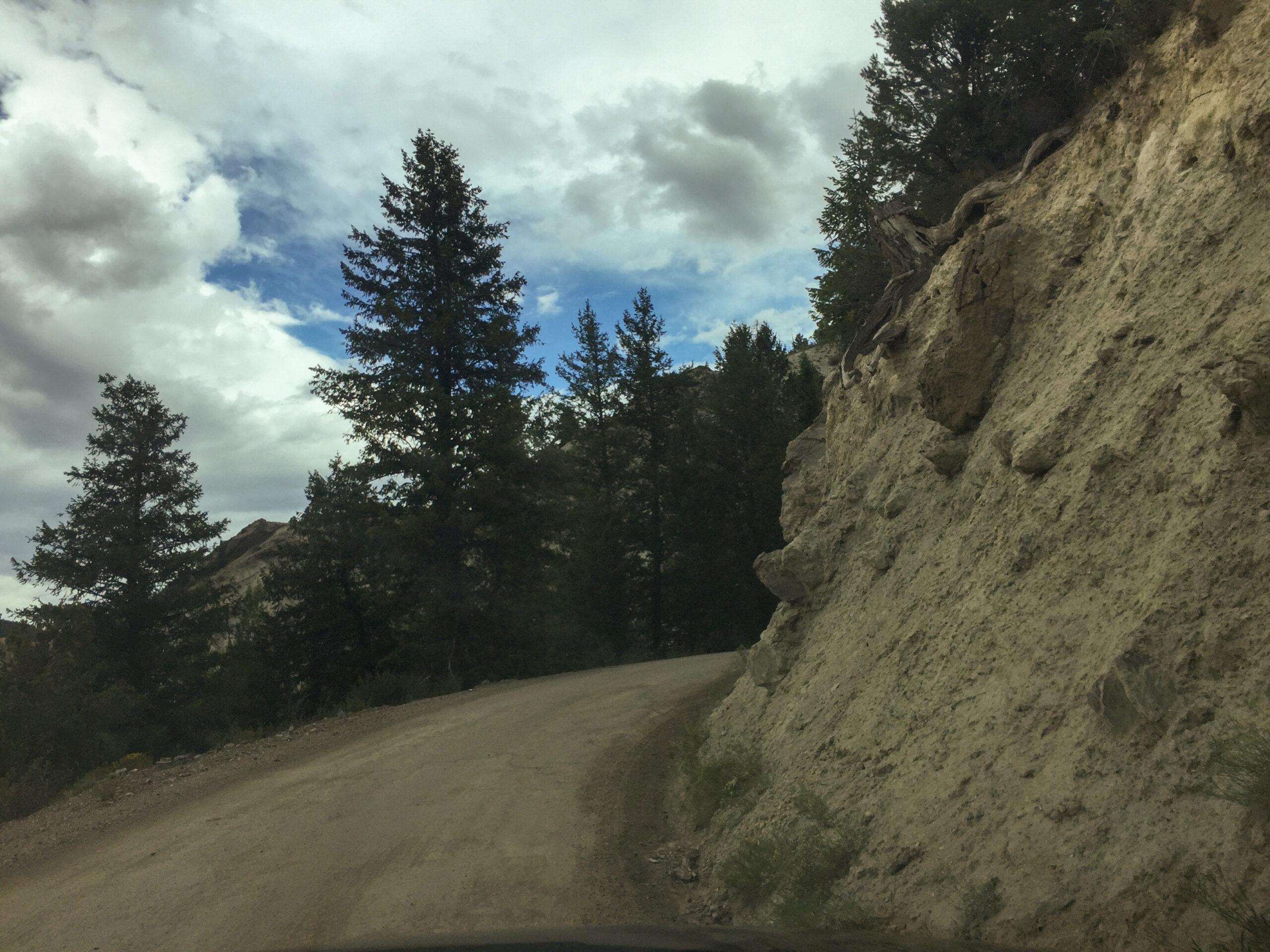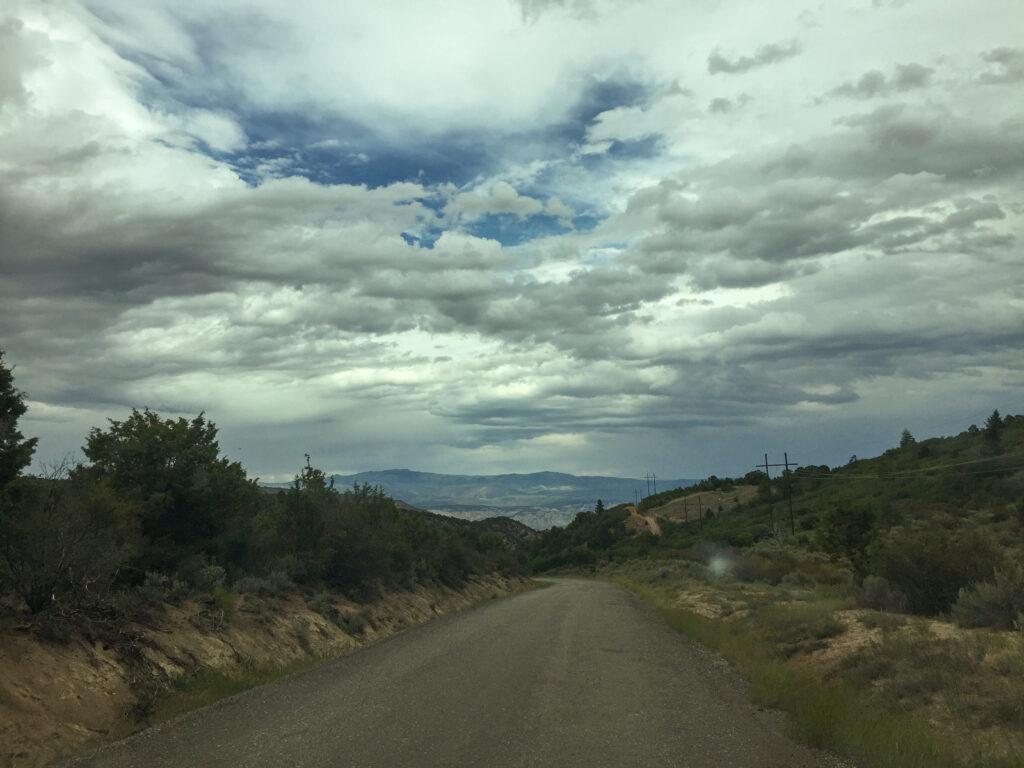
The extended closure of Interstate 70 through Glenwood Canyon has intensified the desire among state and local officials to upgrade a nearby alternative to the highway.
The Colorado Department of Transportation is urging motorists to use detours around the canyon on state highways that can add hours to a trip. But many are using Cottonwood Pass, a more direct and more dangerous seasonal road with steep and narrow stretches that connects Gypsum in Eagle County to the Roaring Fork Valley south of Glenwood Springs.
Discussions about upgrading a 26-mile stretch of the road, which is owned and maintained by Garfield and Eagle counties, usually bubble up when the interstate through Glenwood Canyon closes. Those talks have never resulted in a plan for significant improvements, but it appears that the conversation could be turning a corner.
“The political will could be there now,” said Tom Jankovsky, a Garfield County Commissioner. “You have both counties and the state in favor of looking at this. I think it is a sea change.”
Emails among top CDOT staffers, obtained by CPR News through an open records request, show the agency is discussing whether to study upgrades to Cottonwood Pass. The agency’s chief engineer Stephen Harelson also sketched out a rudimentary analysis that suggested benefits would outweigh the estimated $50 million construction cost by a factor of 2 to 1.
“I think the numbers look really good on advancing something on this,” Harelson wrote in an email to CDOT Executive Shoshana Lew on Tuesday, just five days after the July 29 flash flood and mudslide that trapped more than 100 motorists in Glenwood Canyon overnight.
Harelson’s analysis presumed that 200,000 motorists would spend an additional $100 making the 180-mile detour around the canyon if it were to close for 10 days every three years.
“If my 10 days per every 3 years is actually more like 20 (which it might be), the proposal is even more compelling,” he wrote.
Funding and CDOT's full buy-in will be needed
CDOT crews are currently cleaning out tons of mud and rocks that slid onto the highway last week. The canyon will be prone to more slides until vegetative ground cover can re-establish itself after the Grizzly Creek Fire burned it last year. That could take years.
CPR News shared Harelson’s analysis with Jankovsky and Jeff Shroll, the manager of Eagle County.
“To me, it’s a little bit hopeful,” Shroll said.
CDOT has, in Shroll’s view, been reluctant to commit to any upgrades. “It's definitely been, ‘Hey, that's the county road. You guys figure out what you want to do with it,’” he said.
Garfield County has long supported upgrades, Jankovksy said. Shroll said there’s more support in Eagle County now, even though its side of the pass requires more work. And he hopes Pitkin County, at the end of the Roaring Fork Valley, will get on board too.
“We do need to all kind of rally behind and get and support something that's far greater than what we have now,” Shroll said. “... this isn’t the last time we’re going to see Glenwood Canyon crippled.”

Republican Sen. Ray Scott of Grand Junction told CDOT leadership earlier this week that the agency should get started on engineering and environmental work as soon as possible. CDOT’s Lew said the state first needs to meet with local governments, which Jankovksy said will happen next week, before that to see if there’s agreement on whether and how to improve the road.
“We want to confirm that with them directly before jumping ahead of them,” she told Scott and other legislators.
Lew also said CDOT would try to secure some federal funding to fortify alternate routes like Cottonwood Pass. She added that the agency’s most pressing concern is still Interstate 70, which carries some 20,000 vehicles a day through Glenwood Canyon and is a vital east-west link for both long-haul trucks and vacationing families.
“Getting I-70 open and functional as soon as possible is our mandate from the governor and our highest priority,” she said.








